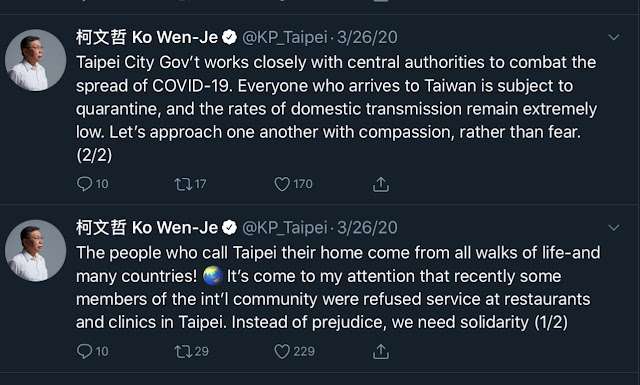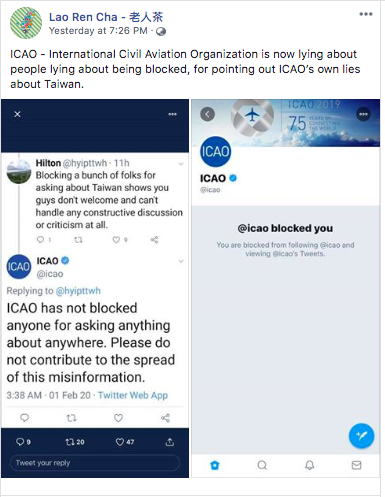
I've been clear on Lao Ren Cha's Facebook page that I'm unable to update regularly as I clear the home stretch of dissertation writing, but never really made it official here.
So, it's official. Expect very little (if anything) from me until the dissertation is behind me. At the latest that will be September, but I might find time for a few posts while I'm waiting for draft feedback or as I finish up final edits.
Until then, here are some links to work by others that I have enjoyed. I've already linked much of it on the Facebook page, but not here as I don't do weekly links. Some of it is recent, some less recent but of lasting value. If you're plugged in to news and commentary about Taiwan, you've probably come across much of it before, but consider this a shout-out to some of my favorite work on Taiwan.
Taipei's homeless are few but desperate - Cindy Chang
Can Tsai Ing-wen avoid the second-term curse? - Kharis Templeman
Recent changes in national identity - Nathan Batto
Why Taiwan continues to fear an invasion (the title isn't great but the article is good) - Fang-Yu Chen, Austin Wang, Charles K.S. Wu and Yao-Yuan Yeh
It's time for Taiwan to confront its ethnic discrimination issues - Hilton Yip
Metalhead Politics - a new podcast by Emily Y. Wu and Freddy Lim (new episode out July 1)
Island Utopia - Catherine Chou
Knit Together (this is an older post but one I think about frequently as I consider what it's like to live far away from my own family, and the ongoing process of working through losing my mom in late 2014) - Katherine Alexander
Taiwan's status is a geopolitical absurdity - Chris Horton
The Island the Left Neglected - Jeffrey Ngo (now outside the paywall on Dissent Magazine)
The Status Quo is Independence - Michael Turton (not new, but makes some key points)
The WHO Ignores Taiwan. The World Pays the Price. - Wilfred Chan
Taiwan's human rights miracle does not extend to its Southeast Asian foreign workers - Nick Aspinwall (also not new, but I keep it on hand)
Oh yes, and if you're still wondering about the KMT soap opera that helped Han Kuo-yu rise and fall (I mean other than his having been bought by the PRC at some point), of all the Taiwan Report podcasts, this is the one to listen to. - Donovan Smith
This is an old piece about local radio stations in southern Taiwan being co-opted by pro-China entities, but something about the story being told here sticks in my head. It's a small, personal story that has some truly ominous portent. - Voicettank
This is very old, but I like to keep a copy on hand every time someone insists that the flurry of treaties and declaration during and after WWII settled the status of Taiwan as a 'part of China'. They did not, and Chai Bhoon Kheng explains why.
* * *
Alright, that's it from me. I have a few drafts that I may or may not publish (one needs a clearer focus and the other is quite personal, so I'm holding off on both). Hopefully, however, by the time you hear from me again in any meaningful way, I'll have successfully completed graduate school.
Catch you on the other side!








